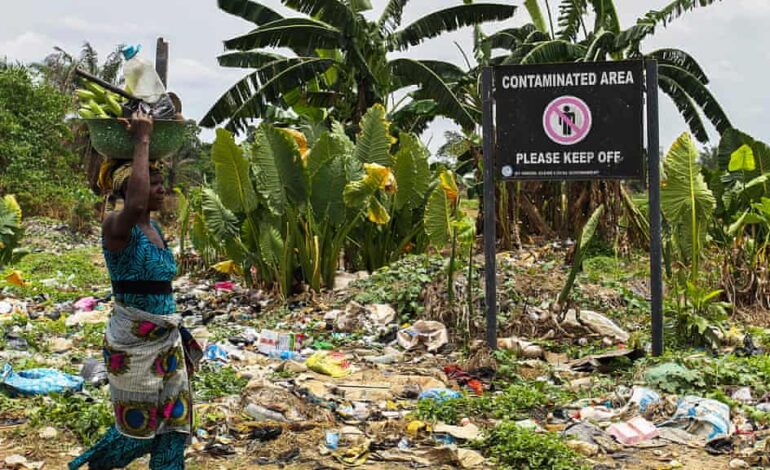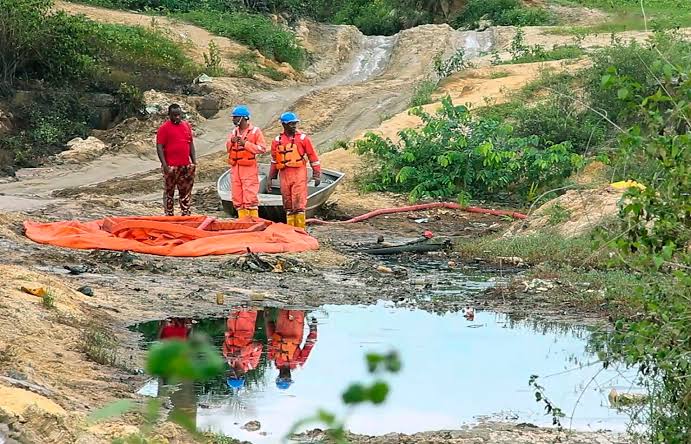
Faith Nyasuguta
Shell, a major oil firm, faces calls to fulfill its environmental responsibilities and ensure the safe decommissioning of abandoned oil infrastructure in the Niger delta before withdrawing from the region.
A report by the Centre for Research on Multinational Corporations (Somo) asserts that Shell must address its toxic legacy of pollution and remain in the delta until these responsibilities are met.
The report emphasizes that historical pollution remains a significant issue in the Niger delta, accusing Shell of attempting to avoid accountability despite earning billions of dollars from oil operations.
Labour MP Clive Lewis expressed concerns in the House of Commons, suggesting that Shell’s departure raises serious worries about evading environmental responsibilities.
Somo’s report points out a transparency gap concerning decommissioning funding. While Nigeria has legal requirements for companies to set aside funds for decommissioning, the report states that there is no means to determine how much funding companies have allocated for this purpose.
Researchers were unable to confirm whether Shell has established funds to cover the decommissioning of the oil mining leases it has sold.
Audrey Gaughran, the executive director of Somo, criticized Shell’s approach, stating, “Shell has pulled off the ultimate Houdini act.” She highlighted the environmental consequences left by decades of oil extraction, turning the Niger delta into one of the most oil-polluted places on Earth.
The departure of Shell, which has been the dominant operator in the region for decades, has a significant impact on areas of the delta and numerous communities.
While Shell contends that theft of oil and interference with pipelines are major causes of pollution, the report argues that this does not absolve the company of its responsibility to clean up. Under Nigerian law, Shell is obliged to address oil spills, regardless of the cause.

The report concludes by urging that Shell should not be allowed to merely walk away from its environmental responsibilities in the Niger delta. It emphasizes the importance of addressing historical pollution, insufficient funding for safe decommissioning, and poor financial transparency as crucial elements in achieving a just global energy transition.
In the House of Commons, Clive Lewis raised concerns about Shell’s proposed sale of its Nigerian subsidiary, the Shell Petroleum Development Company (SPDC). He called it a significant business and human rights issue, stressing Shell’s responsibility for repressive actions against communities in the Niger delta.
Lewis expressed fears that Shell’s exit could set a precedent for other British multinationals seeking to evade responsibility for environmental destruction.
Responding to these concerns, a Shell spokesperson stated that onshore divestments are part of a broader restructuring of the Nigerian oil and gas sector.
They highlighted the role of domestic companies in contributing to the country’s aspirations for the sector. As divestments occur, mandatory submissions to the federal government allow regulators to scrutinize various issues and recommend approval, provided all requirements are met.
RELATED:




